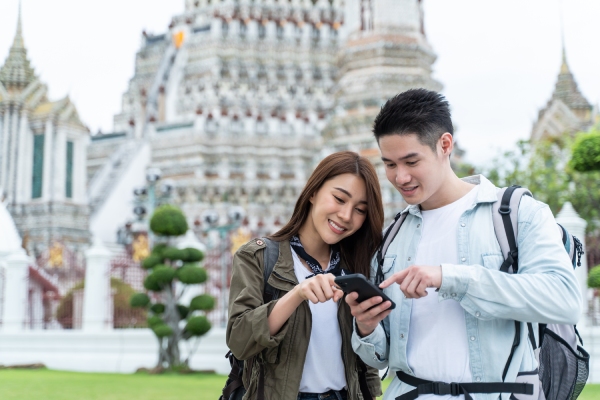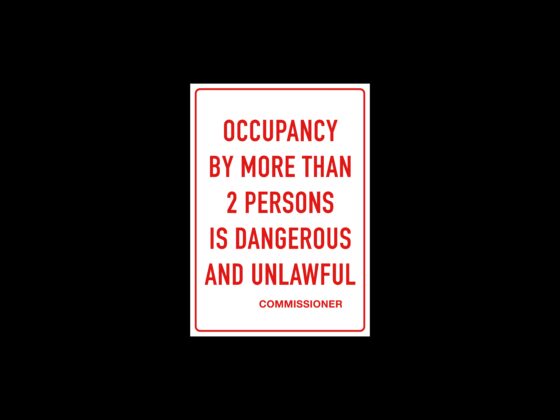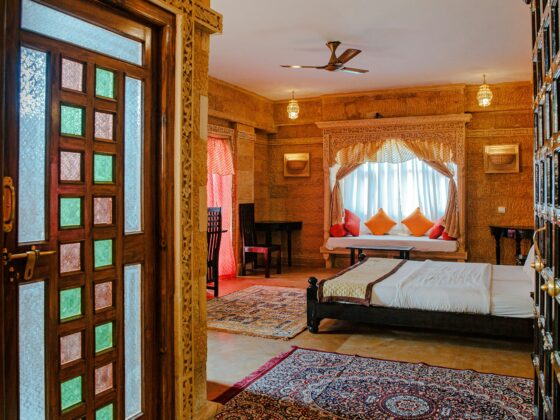Personalized experiences can significantly boost hotel revenue in the Asia Pacific region, a new study has revealed.
Travelers in the Asia Pacific region are seeking tailored travel experiences and willing to spend more for personalized and memorable experiences. According to a recent study by Agilysys, 68% of travelers in the APAC region would like to increase their hotel spending for personalized experiences, while 73% are willing to pay up to 30% more for room upgrades, if offered after their booking.
Additionally, 66% of respondents are likely to spend more if wait times were reduced across all hotel experiences and 68% would increase spending when a good loyalty program is in place.
The APAC region has emerged as a powerhouse in global tourism, with the World Travel and Tourism Council predicting that travel and tourism in Southeast Asia is expected to contribute $640 billion to the economy by 2033. The initial research, which focuses on travelers’ likelihood to rebook and increase their spending at a hotel, was followed by an analysis of factors which discourages rebooking.

The research found an interesting “rebooking paradox” in the APAC market: despite high satisfaction levels (86%) and perceived value for money (61%), only 37% of travelers prefer to return to hotels they’ve previously stayed at. The paradox suggests that hoteliers need to go beyond just about meeting expectations to create memorable experiences that compel guests to return.
The study found that guest satisfaction and rebooking decisions are largely influenced by factors within a hotel’s control. Personalization emerged as a key driver, with 73% of guests stating that they would be more likely to rebook a hotel of their experiences were customized as per their preferences.
“Our research uncovers a clear message — APAC travelers are willing to spend more for tailored, efficient and memorable experiences. Hotels that fail to offer personalized guest experiences are leaving substantial revenue on the table,” said Tony Marshall, VP managing director APAC, at Agilysys.
There are key factors which drive increased spending among APAC travelers. Staff interactions play an integral role, with 46% of the respondents appreciating staff who go the extra mile, while 41% valued personalized activity recommendations and 30% being influenced by staff recalling earlier conversations.
Personalized touches were also found to have a major impact, with 40% of travelers valued being given their favorite room. About 28% of the respondents said they were likely to spend more when restaurant staff remembered their preferences and 57% responded positively to small surprises, like pillow chocolates.
With the tourism sector witnessing a robust recovery after the pandemic, hoteliers face a unique opportunity to redefine guest satisfaction and improve financial performance. Emphasizing the need to shift from traditional RevPAR metrics to a more holistic RevPAG (Revenue Per Available Guest) approach, the study found that this transition enables hotels to capture the complete spectrum of guest spending and tailor their offerings accordingly.
Hoteliers need to leverage advanced PMS that provide real-time, data-driven insights into guest preferences to maximize profitability, Marshall said. “By adopting a RevPAG focus, hotels can unlock hidden revenue streams, enhance guest satisfaction, and foster long-term loyalty in the competitive APAC market.”
The study was based on a survey of more than 1,000 travelers from Australia, Hong Kong, New Zealand and Singapore.









